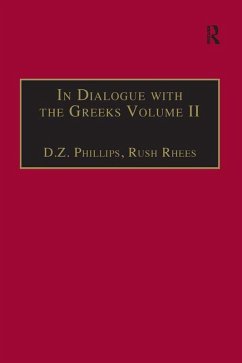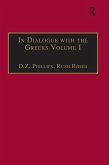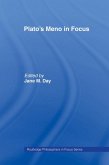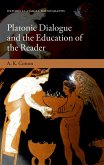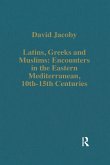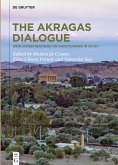This second of two volumes on the Greeks by Rush Rhees takes up the questions bequeathed by the previous volume. If reality does not have the unity of a thing, can it have any kind of unity at all? The alternative seems to be that reality has the unity of a form. In this volume Rhees brings the perspective of a modern Wittgensteinian philosopher to bear on the dialogues of Plato concluding that language is not a collection of isolated games, rather we speak in the course of lives that we lead and what we say has its meaning from the place it occupies in the course of a life.
Dieser Download kann aus rechtlichen Gründen nur mit Rechnungsadresse in A, B, BG, CY, CZ, D, DK, EW, E, FIN, F, GR, HR, H, IRL, I, LT, L, LR, M, NL, PL, P, R, S, SLO, SK ausgeliefert werden.

